TEENSY 3.2 USB Development Board
The Teensy 3.2 USB development board that offers a variety of features. It is designed to fit easily onto a breadboard, making it ideal for beginners looking to explore the Teensy product line. Despite its small size, this board has everything you need to get started without spending too much.
Rapid Specifications of Teensy 3.2 USB development board:
- The processor of the ARM Cortex-M0 is a 32 bit, running at a speed of 48 MHz.
- This device has a storage capacity of 62kB in Flash memory, 8kB in RAM, and 1/8(emu)kB in EEPROM.
- The input resolution is high, with 13 analog options available.
- 27 digital input/output pins (not tolerant to 5V).
- There are a total of ten PWM outputs.
- The timers for intervals and delays are distinct from those used for PWM.
- There are three UARTs available, or serial ports.
- The SPI, I2C, and I2S interfaces are all important communication protocols commonly used in electronic devices.
- The I2S is a high-quality audio interface.
- There are 4 DMA channels that are lightweight.
- Inputs from the touch sensor
The actual hardware serial number:
The majority of contemporary projects require serial communication with various components such as sensors, chips, systems, and the internet. The presence of hardware serial ports greatly streamlines these projects and allows for optimal functioning.
Teensy 3,2 USB development board offers an abundance of serial connectivity options, including 2 SPI ports and 2 I2C ports. Additionally, all 3 serial ports are equipped with top-notch drivers in Teensyduino. These drivers feature transmit and receive buffers, as well as support for RS485 transmitter enable.
When combined with an ESP8266 Wifi module, Teensy-LC becomes a cost-effective option for “Internet Of Things” projects that need a speedy hardware serial or SPI port.
Optimized USB Transmission:
The USB capabilities of Teensy-LC match those of Teensy 3.2 USB development board, with direct data transfer to memory and minimal CPU usage.
Despite being low-cost, the Teensy-LC is capable of supporting a variety of USB protocols such as USB Serial, MIDI, international keyboard layouts, mouse, joystick, and Raw HID. With its hardware capabilities including 16 bidirectional USB endpoints, it can accommodate any type of USB device. Additionally, as more USB protocols are incorporated into Teensy duino, the Teensy-LC will continue to excel.
There are various hardware timers that can be used for different functions and tasks. These timers offer a convenient way to measure and keep track of time, making them an essential tool for many electronic devices.
Several Arduino libraries rely on a hardware timer, which is typically available in traditional Arduino products. However, these products usually have a limited number of timers, with only a few offering more than 8-bit resolution.
There are a total of 7 timers on the Teensy-LC, all with more than 16 bits of resolution for compatibility with various libraries. This means that popular library combinations, which usually cause conflicts, can easily run simultaneously on both Teensy-LC and Teensy 3.2.
With 12-bit resolution, both analog input and output are supported.
Having analog signals is crucial for numerous projects. The Teensy-LC offers 13 pins that are capable of serving as analog inputs. Its effective analog resolution amounts to 12 bits.
Additionally, the device boasts a 12 bit digital to analog converter, ensuring accurate and reliable analog output.
The 32 bit ARM Cortex M0 processor is a powerful computing unit.
The Cortex-M0 processor is a robust 32 bit CPU that caters to the needs of low power and cost-efficient devices.
The Cortex-M0 on Teensy 3.2 USB development board has a less complex bus structure and fewer instructions compared to the more advanced Cortex-M4. In terms of basic code, the M0 can operate at a similar speed as the M4 when running at the same clock frequency. However, for tasks involving extensive mathematical calculations, the Cortex-M4 offers significantly higher speeds and also supports higher clock rates.
Compared to 8-bit AVR processors running at 16 MHz, Cortex-M0 at 48 MHz offers significantly faster performance, particularly when working with variables of 16 or 32 bits.
A task has been assigned to me and I am expected to complete it before the deadline.
Elaborate on this section… or include more information regarding the distinctions between M0 and M4.
Introducing a 5 volt buffer designed specifically for WS2812/NeoPixel LED projects.
The Teensy-LC offers the convenience of a 5V output that can directly power WS2812/NeoPixel LEDs.


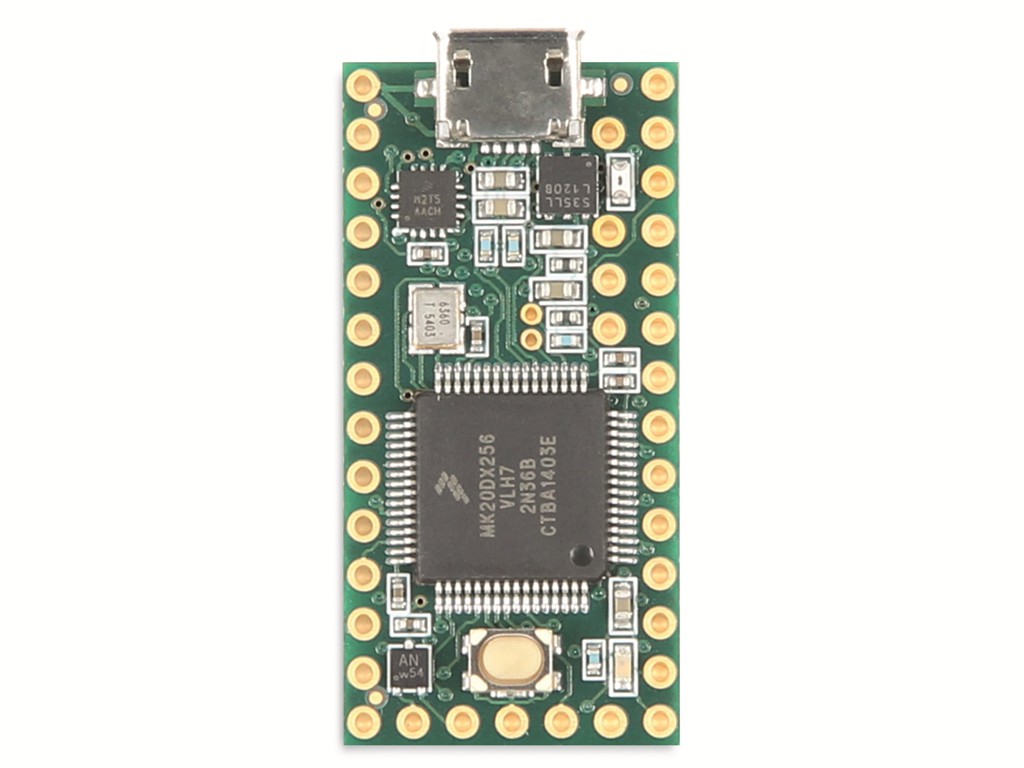
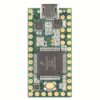
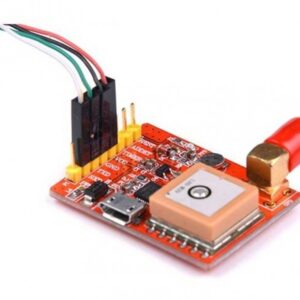
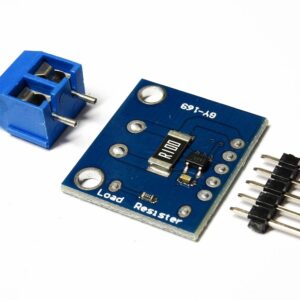
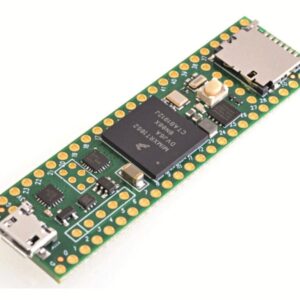
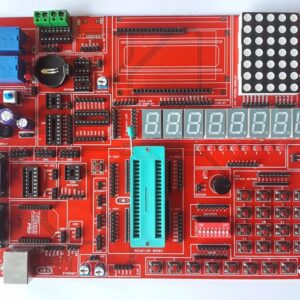
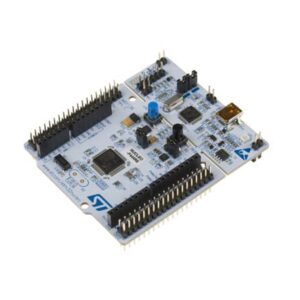

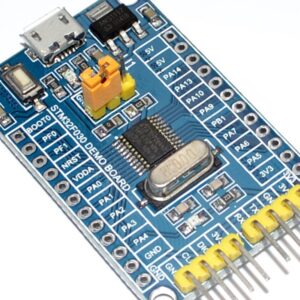
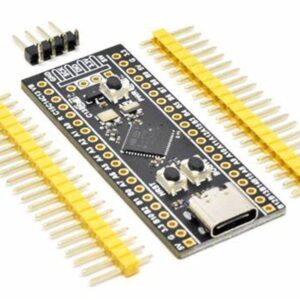
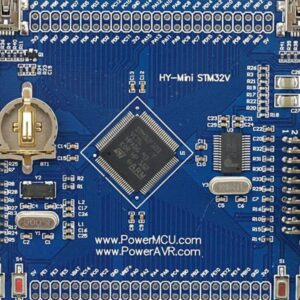
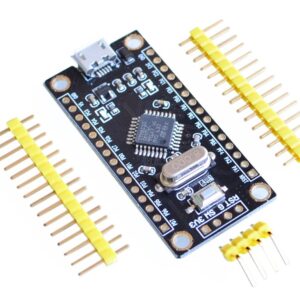
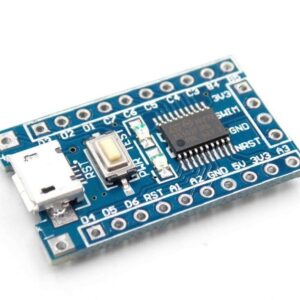
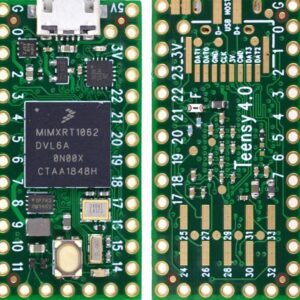
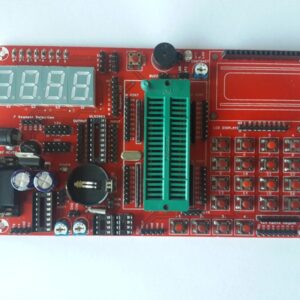
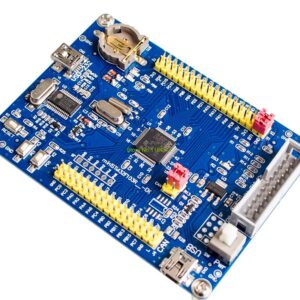
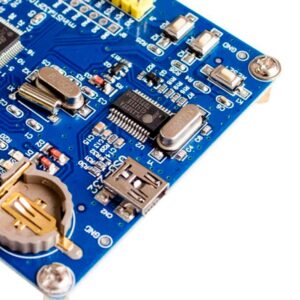
There are no reviews yet.